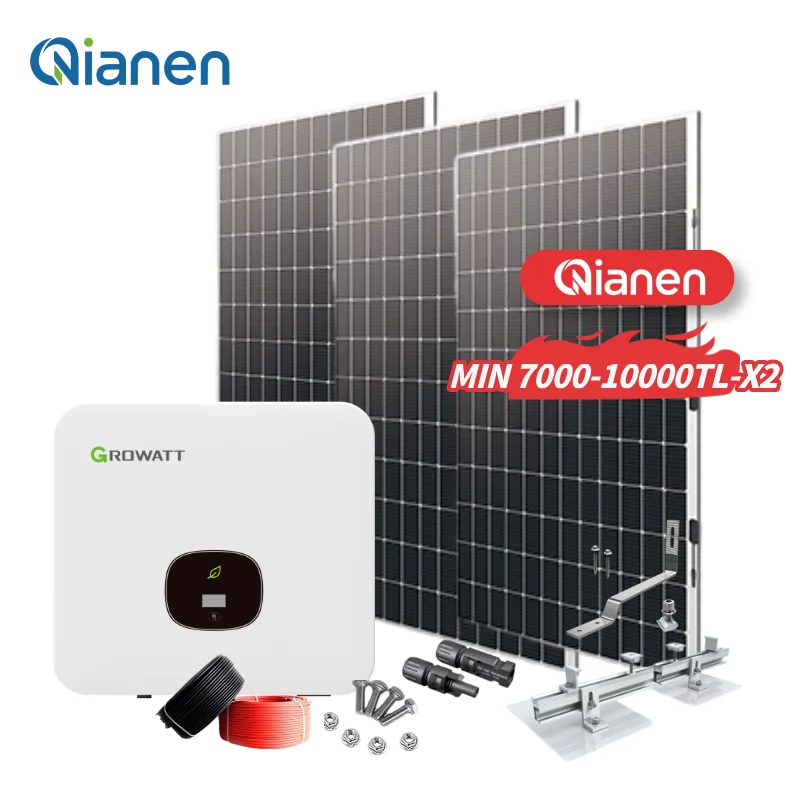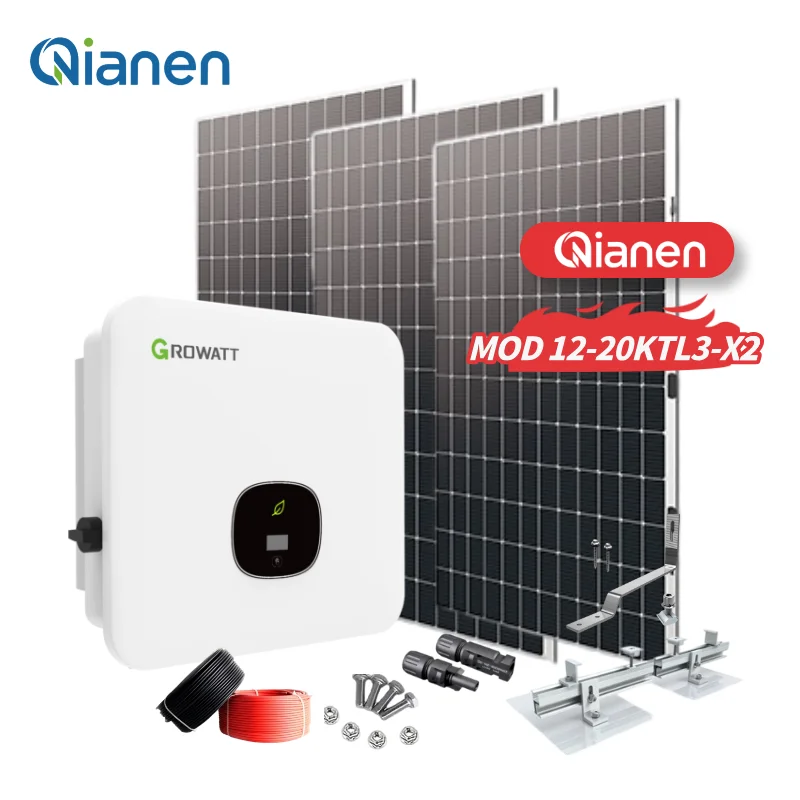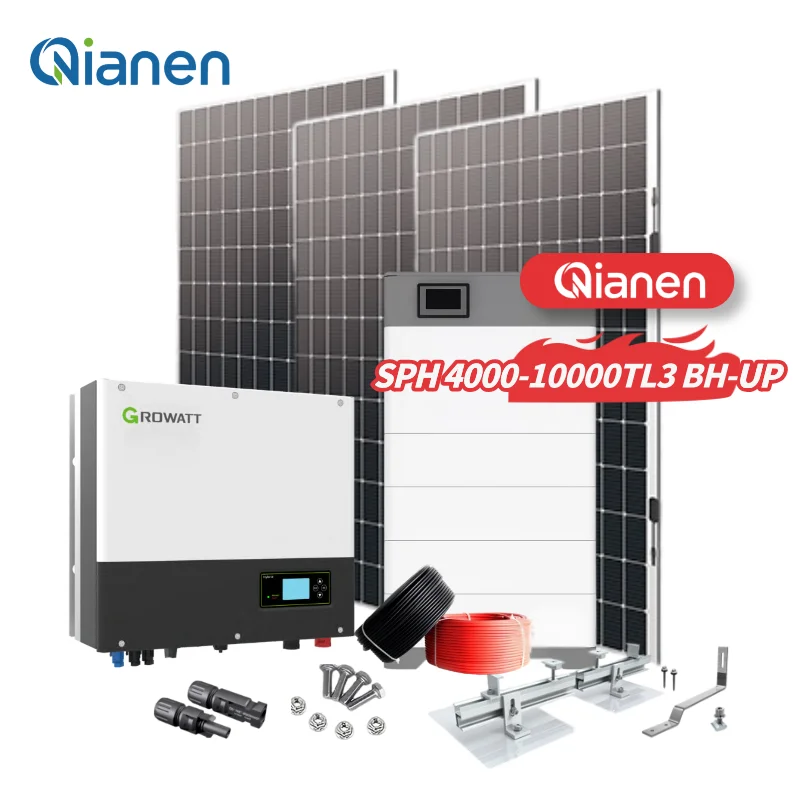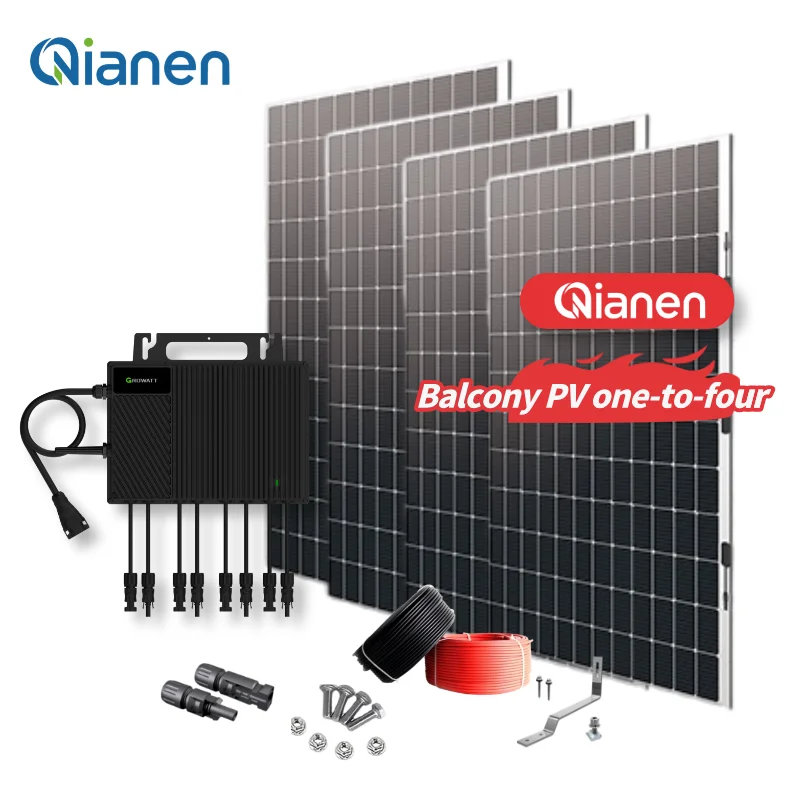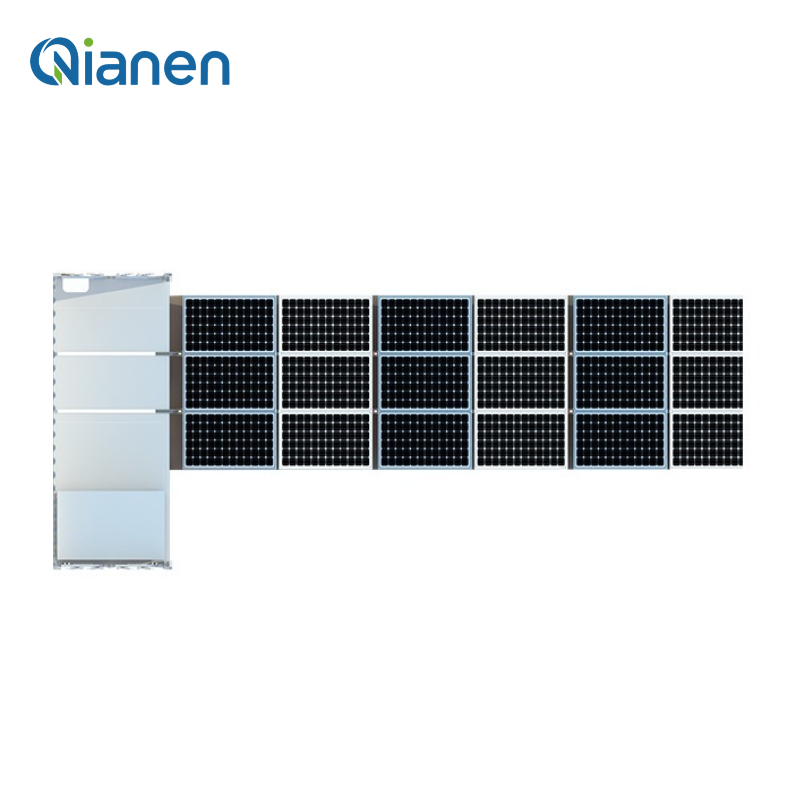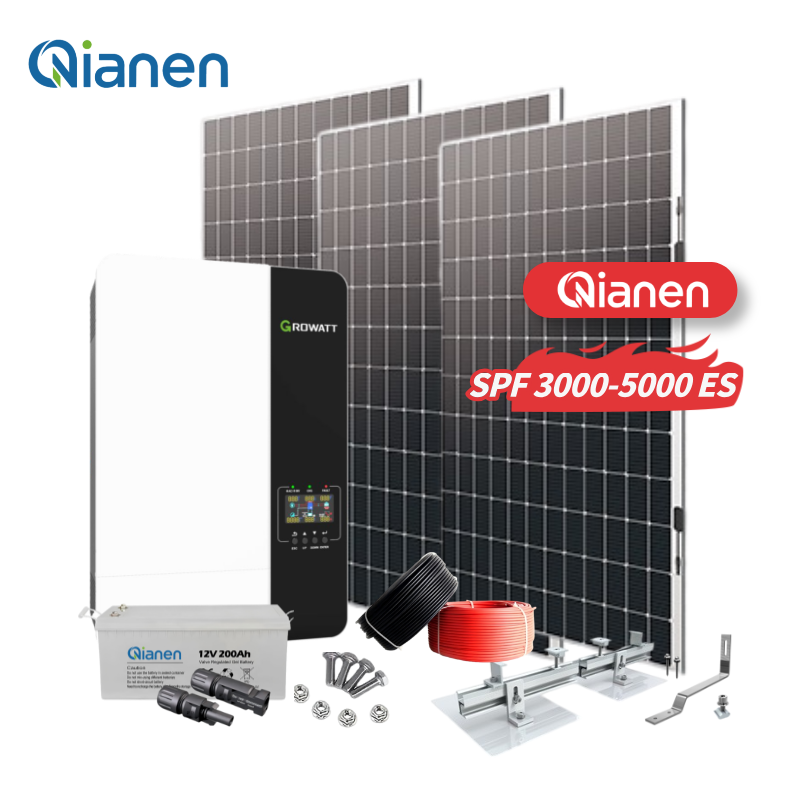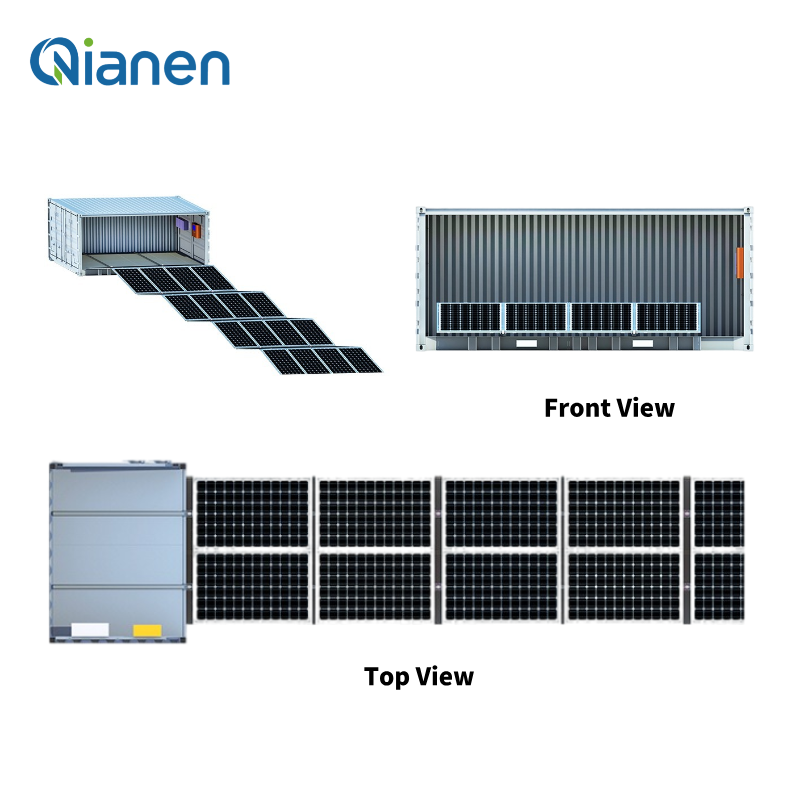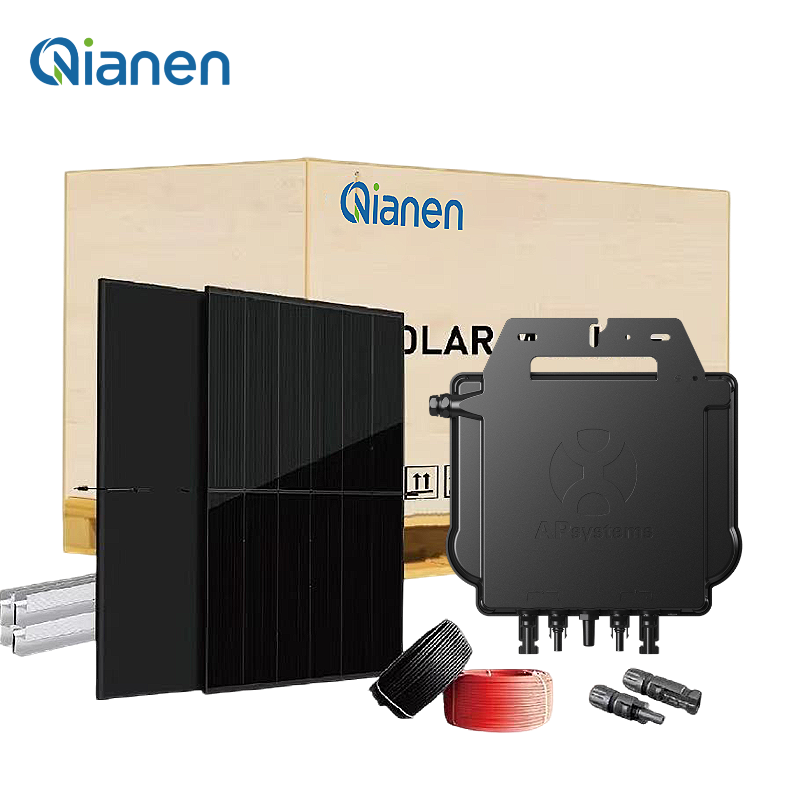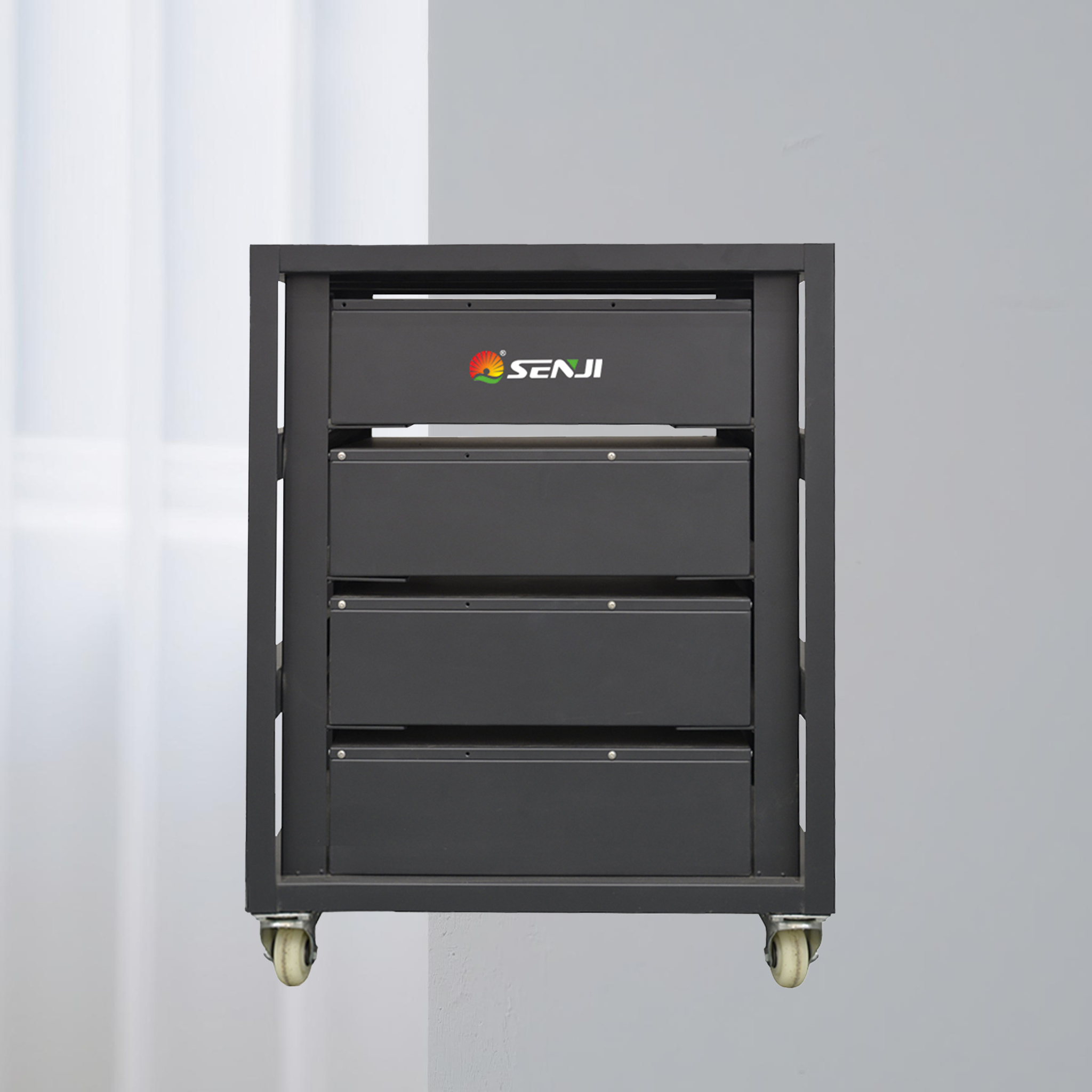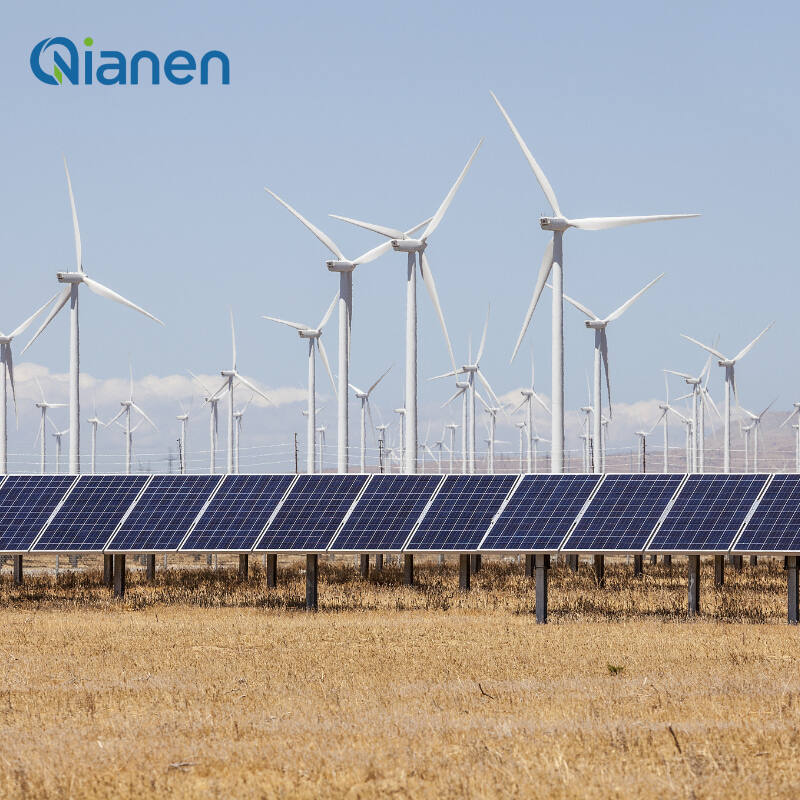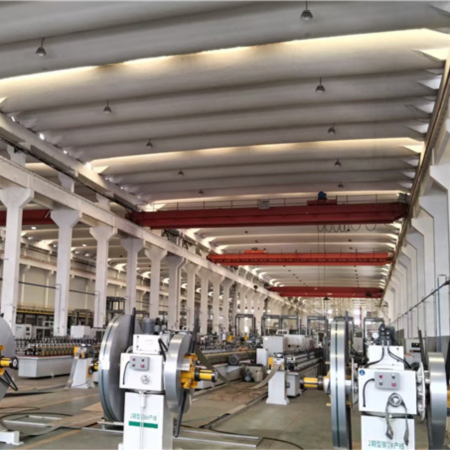energy storage battery types
Energy storage battery types represent a diverse range of technologies designed to store and deliver electrical power efficiently. The main categories include Lithium-ion batteries, which dominate the market with their high energy density and long cycle life, Lead-acid batteries that offer reliable performance at a lower cost, Flow batteries featuring scalable capacity for grid-scale applications, and Sodium-ion batteries emerging as a cost-effective alternative. These systems serve multiple functions, from providing backup power during outages to enabling renewable energy integration. Each type employs distinct technological features, with Lithium-ion utilizing intercalation chemistry, Lead-acid leveraging proven electrochemical processes, Flow batteries employing liquid electrolytes, and Sodium-ion offering similar principles to Lithium-ion but with more abundant materials. Applications span residential, commercial, and industrial sectors, supporting grid stabilization, peak shaving, and renewable energy storage. The technology continues to evolve, with improvements in energy density, cycle life, and safety features driving adoption across various sectors.

